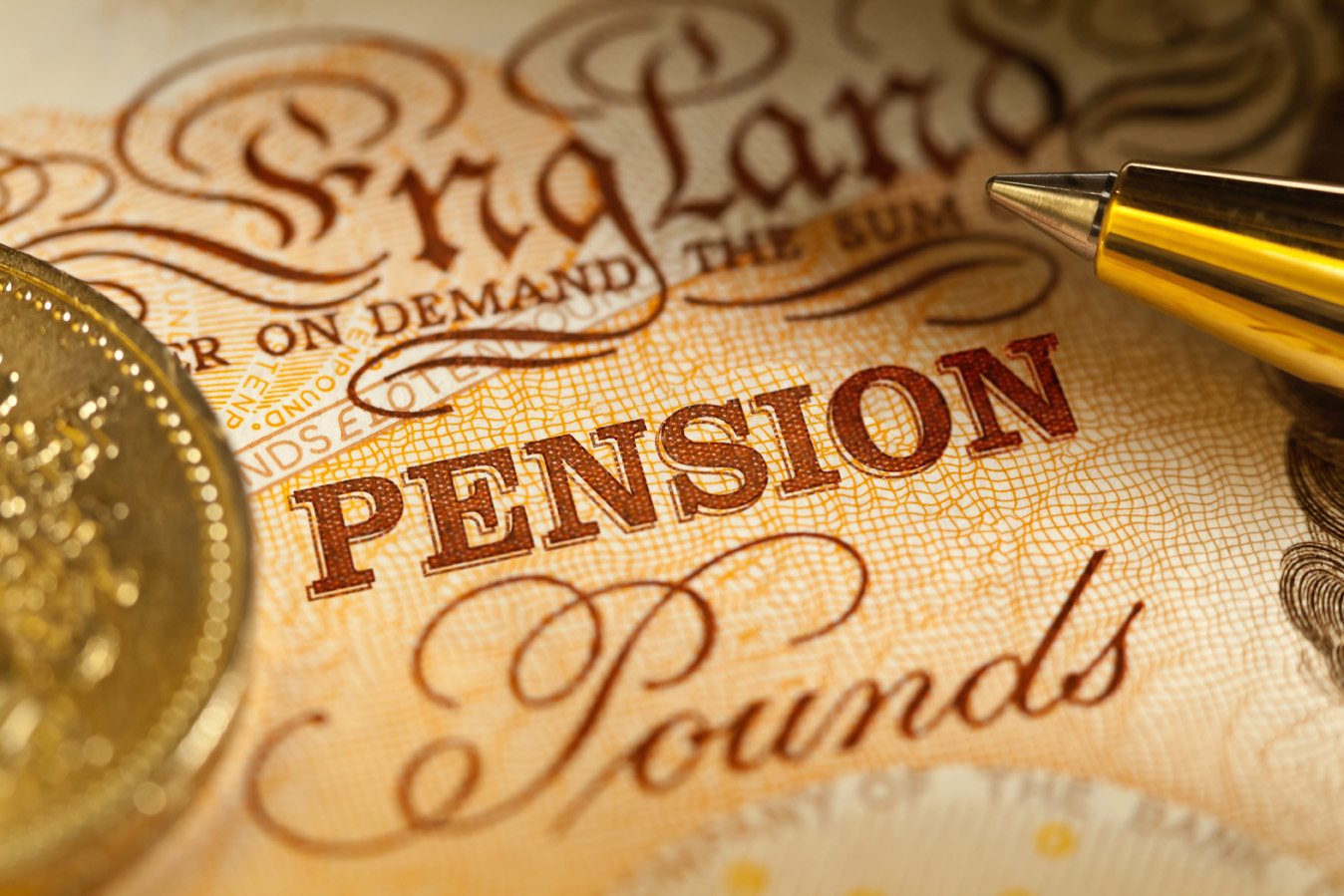
Should I transfer my defined benefit pension?
Pension05/21/19
There are few issues as contentious in the world personal finance right now than defined benefit pension transfers.
The question of whether or not to transfer a cash equivalent transfer value from a final salary pension to a private arrangement has taken up pages of commentary in our trade press and been subject to much debate.
The recent ‘perfect storm’ of low gilt yields and introduction of so-called pension freedoms has brought decisions to transfer into sharp focus. With such large sums of money at stake, and irreversible decisions being made, it’s essential to get this right.
It’s been estimated that more than 100,000 people have made the decision to transfer out of a defined benefit pension in the last tax year alone.
Against this backdrop, it was interesting to see an updated guide from insurer Royal London, exploring the advantages and disadvantages of pension transfers.
In their guide – called ‘Five good reasons to transfer out of your company pension…and five good reasons not to’ – Royal London made initial inquiries about potentially transferring out of a defined benefit pension. It was designed to give pension scheme members the basic understanding they need before seeking professional advice from a suitably qualified adviser.
According to Steve Webb, Director of Policy at Royal London:
“Large numbers of people are still transferring out of traditional salary-related pensions, but whether this is a good idea or not depends crucially on your individual circumstances.
“For most people, a guaranteed salary-related pension that lasts as long as you do, and is unaffected by the ups and downs of markets will be the best answer. But there will be some who want extra flexibility or are focused on passing on some of their pension wealth for whom a transfer might be the right answer.
“It is vital to take, and listen to, impartial financial advice before making a big decision of this sort.”
We couldn’t agree more; taking professional, independent financial advice is absolutely crucial before making a decision to transfer out of a defined benefit pension scheme.
The Royal London guide identifies a series of ‘good’ reasons for transferring out of a DB pension, as well as highlighting five very good reasons not to. Remember that each of these reasons needs to be carefully considered as part of your own wider financial planning, rather than viewed in isolation.
The ‘five good reasons’ to transfer are:
Flexibility – instead of taking a set pension on a set date, you have much more choice how and when you take your pension; many people are choosing to ‘front load’ their pensions, so that they have more money when they are more fit and able to travel, or to act as a bridge until their state pension or other pension becomes payable;
Tax-free cash – many DB pension schemes offer a pretty poor deal if you want to convert part of your DB pension into a tax free lump sum; although the tax-free cash is in theory 25% of the value of the pension, you often lose more than 25% of your annual pension if you go for tax-free cash; in DC, you get exactly 25% of the pot as tax-free cash;
Inheritance – generous tax rules mean that if you leave behind money in a DC pension pot it can be passed on with a favourable tax treatment, especially if you die before the age of 75; in a DB pension, whilst there may be a regular pension for a widow or widower, there is unlikely to be a lump sum inheritance to children etc.;
Health – those who live the longest get the most out of a DB pension, but those who expect to have a shorter life expectancy might do better to transfer if this means there is a balance left in their pension fund when they die which can be passed on; note that HMRC may challenge this for those who die within two years of a transfer;
Employer solvency – whilst most pensions will be paid in full, every year some sponsoring employers go bankrupt; if the DB pension scheme goes into the PPF, you could lose 10% if you are under pension age, and may get lower annual increases; if you have transferred out, you are not affected;
Keep in mind there are also five reasons not to transfer, which Royal London present as follows:
Certainty – with a DB pension, you get a regular payment that lasts as long as you do; with a DC pot you have to face ‘longevity risk’ – not knowing how long you will live;
Inflation – a DB pension has a measure of built-in protection against inflation, but with a DC pot you have to manage this risk yourself, which can be expensive;
Investment risk – with a DC pension you have to handle the ups and downs of the stock market and other investments; with a DB scheme you don’t need to worry – it’s the scheme’s problem;
Provision for survivors – by law, DB pensions have to offer minimum level of pensions for widows/widowers etc., whereas if you use a DC pension pot to buy an annuity, it dies with you unless you pay extra for a ‘joint life’ policy;
Tax – DB pensions are treated relatively favourably from the point of view of pension tax relief; those with larger pensions could be under the Lifetime limit (currently £1.03m) inside a DB scheme but the same benefit could be above the limit if transferred into a DC arrangement.
Whether you determine the five good reasons to transfer outweigh the five reasons not to, or vice versa, you should always seek professional independent financial advice before making your decision.
Do give us a call if you need to make a decision about this important retirement planning issue.